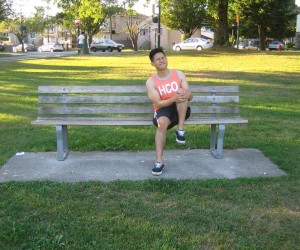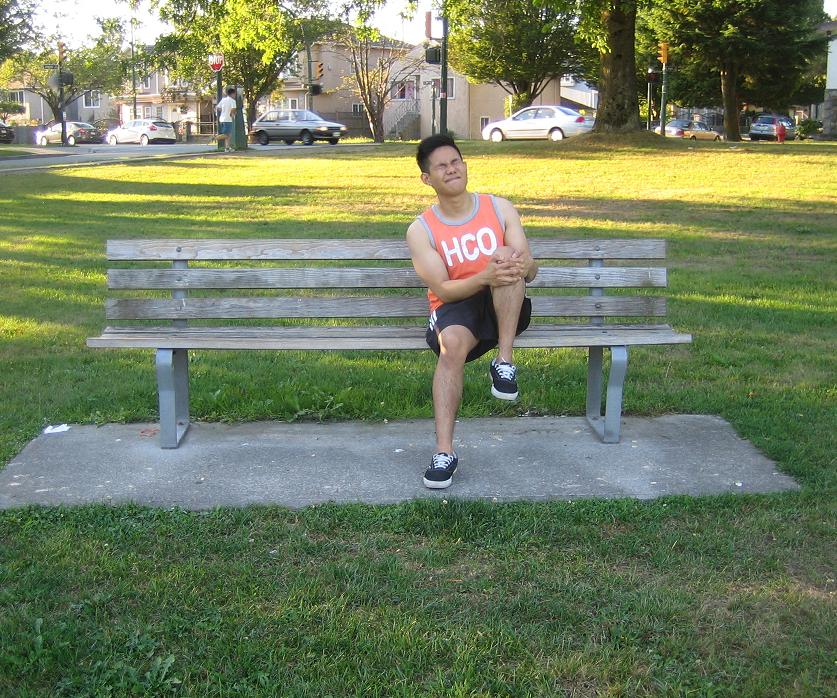The knee pain that occurs while performing squats might be an indication of an injury or issues within the joint. There are various causes of the knee pain which often involve lack of mobility at the hip or ankle joints.
Always bear in mind that the immobility can cause increased shifting of the strain while squatting to the knees that results to overuse injuries. A doctor should be consulted so that assessment can be carried out for proper diagnosis of the pain.
Immobility of the ankle
If the individual lifts the heels off the floor while reaching the bottom of a squat, the ankles do not have the necessary flexibility for the movement. Immobility of the ankle can cause the angular rotation that must occur across the ankle joint in order to shift upward to the knee joint, thus increasing the stress on the knees for every repetition.

Ankles that are inflexible can also compulsorily minimize the range of motion. The diminished range of motion can increase the sheer forces across the knees.
Full or partial range of motion squatting
The advice not to squat any lower than where the thighs reach parallel might be due to fear that the more acute knee angle is reached below parallel, there is unwanted pressure placed on the kneecap.
On the other hand, halting the squat at parallel or at a higher level will not engage the hip flexor muscles and simply focuses the sheer forces across the knee. Due to this, it is vital to develop full range of motion squat even before using weights.
Gluteal inactivity
The gluteal muscles are complex muscles that are responsible for extending the legs at the hip joint as well as externally rotate the femur. Inactivity of the gluteal muscles is quite common among those who spend a lot of time being seated.
Once these muscles are inactive, the role of hip extension is assumed by the muscles that rotate the femur internally. In such cases, the knees have the tendency to collapse inwards while squatting which leads to unnatural strain on the knee joint which results to knee pain.
Hip flexors
Just like with inactivity of the gluteal muscles, the tightening of the hip flexors is a typical issue that arises from being seated all day. Always bear in mind that the rectus femoris muscle is one of the heads of the quadriceps that is responsible for knee extension.
The rectus femoris muscle also helps with knee flexion since it crosses both the hip and knee. The tightening of this muscle can lead to unequal tension on the patella which results to knee pain or even patellar deviation.

